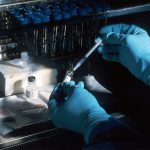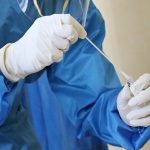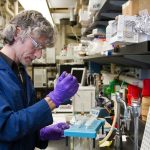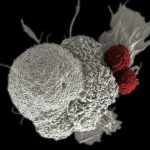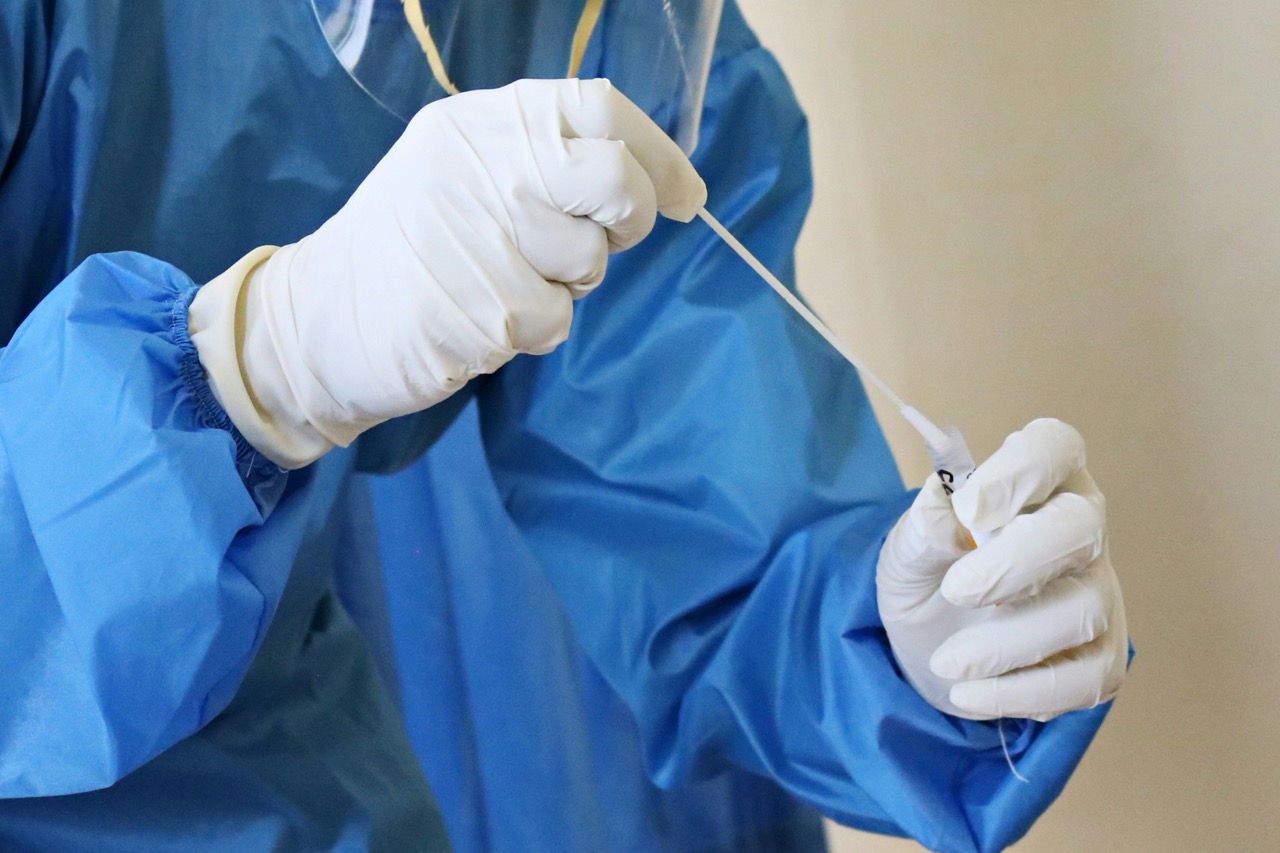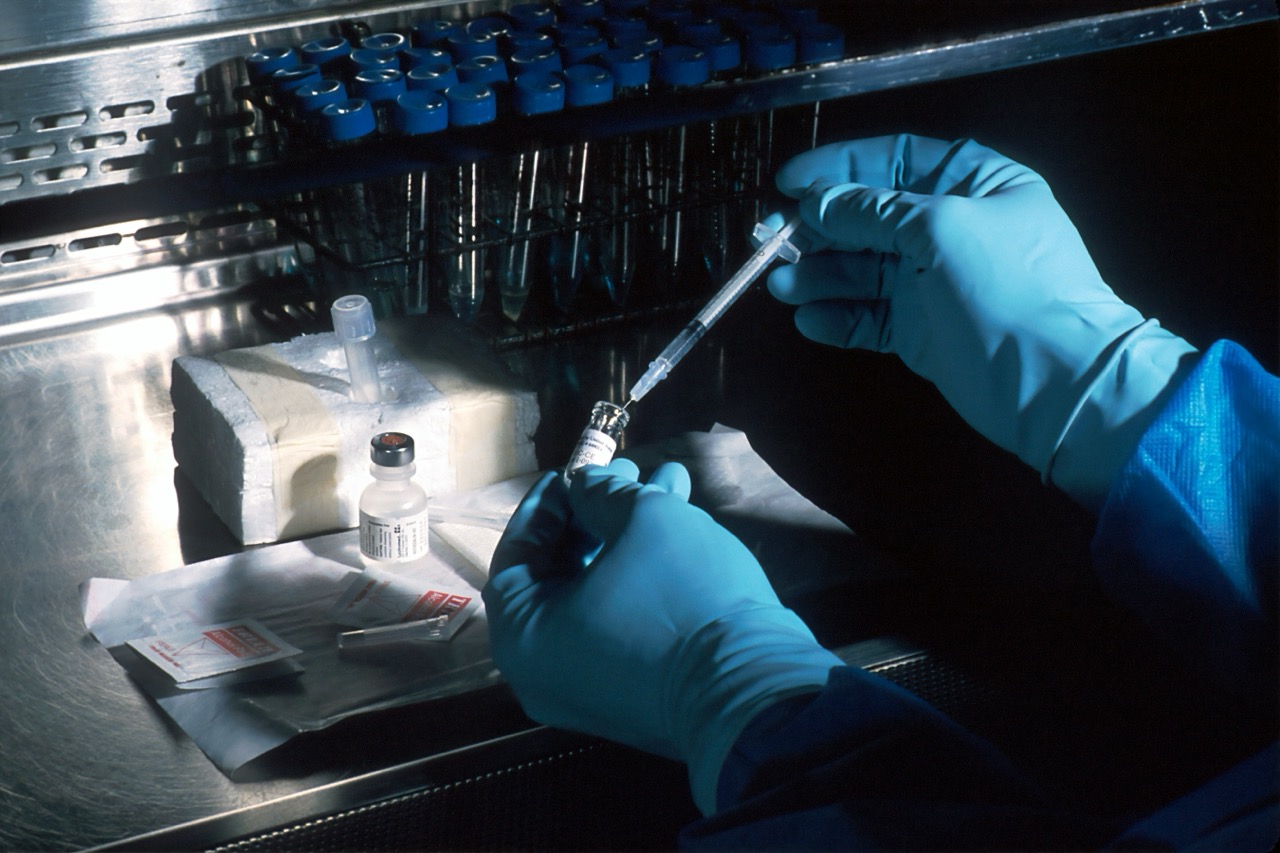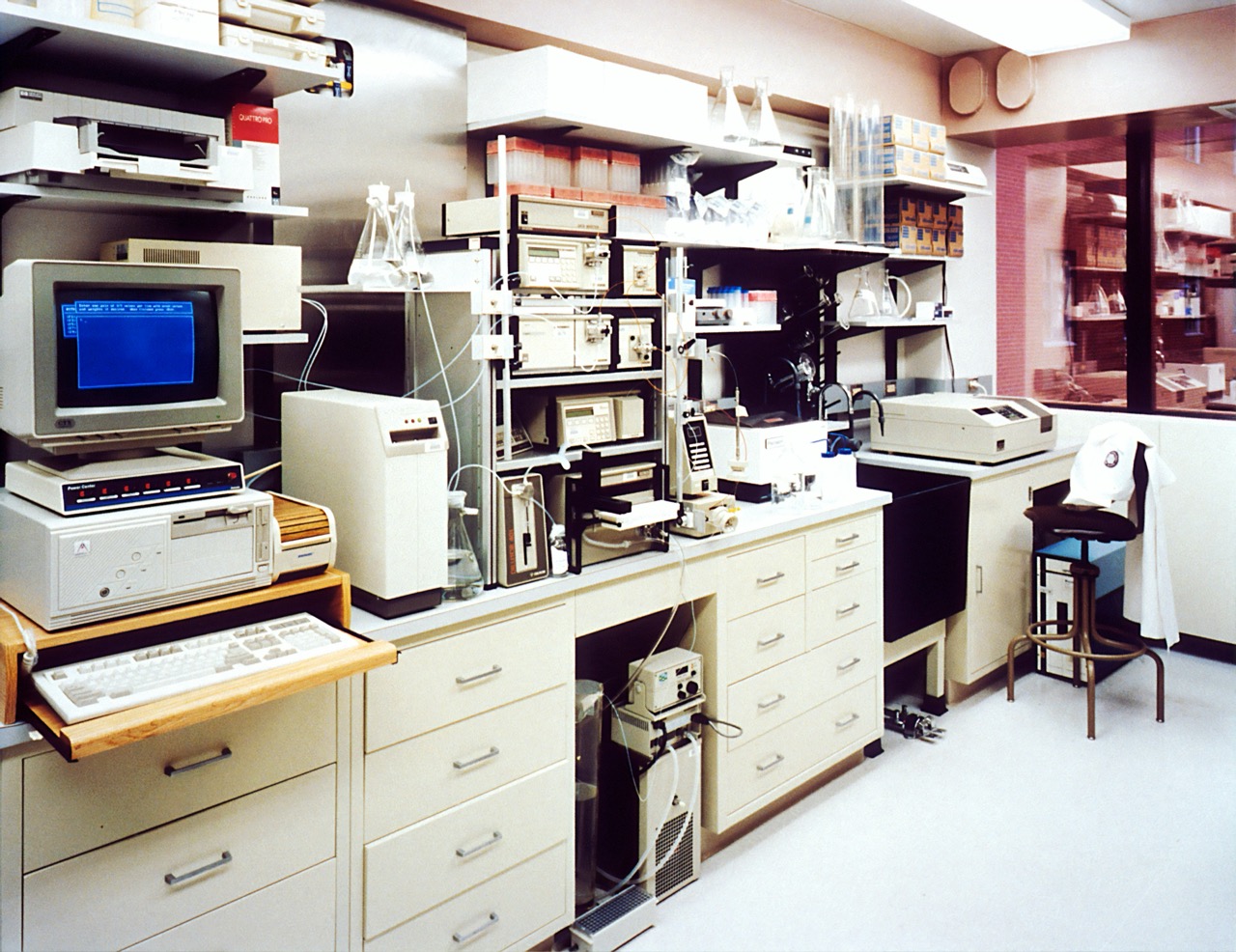Human Papillomavirus (HPV) is a well-documented viral infection that primarily affects the skin and mucous membranes. While HPV is commonly associated with cervical cancer and other anogenital cancers, emerging research suggests that there may be a deeper relationship between HPV and autoimmune disorders. This article aims to explore these connections by understanding HPV’s prevalence, the role of the immune system, and current research findings on the interplay between HPV and autoimmune conditions.
Understanding HPV: Overview and Its Prevalence Worldwide
Human Papillomavirus (HPV) is a group of more than 200 related viruses, with around 40 types that can be transmitted through direct skin-to-skin contact. While many HPV infections are asymptomatic and resolve without intervention, certain high-risk strains, particularly HPV 16 and 18, are linked to the development of various cancers, including cervical, anal, and oropharyngeal cancers. The global prevalence of HPV is significant, with estimates suggesting that nearly 80% of sexually active individuals will contract the virus at some point in their lives.
In addition to its oncogenic potential, HPV infections can lead to benign conditions such as warts and lesions. The World Health Organization (WHO) estimates that HPV is responsible for approximately 570,000 new cervical cancer cases worldwide annually. Vaccination programs targeting HPV have been implemented in numerous countries, leading to a decrease in the incidence of HPV-related diseases, particularly among vaccinated populations. However, the virus continues to be a major public health concern, necessitating ongoing research and awareness.
Despite its widespread prevalence, much of the public focus on HPV has centered around its cancerous implications. However, an emerging area of study highlights the potential connection between HPV and autoimmune disorders, suggesting that HPV’s impact may extend beyond malignancy. This newfound perspective is crucial for a comprehensive understanding of HPV and its broader implications for health and disease.
The Immune System Explained: Key Functions and Responses
The immune system is a complex network of cells, tissues, and organs that work together to defend the body against harmful pathogens, including viruses, bacteria, and parasites. It is generally divided into two main components: the innate immune system, which provides immediate but non-specific responses to threats, and the adaptive immune system, which develops specific responses tailored to particular pathogens. Key players in the immune response include white blood cells, antibodies, and various signaling molecules.
When the body encounters a pathogen such as HPV, the immune system activates a cascade of responses aimed at eradicating the virus. This process involves the recognition of viral antigens, activation of immune cells like T lymphocytes and B cells, and the production of antibodies that target the virus. In some cases, HPV is able to evade the immune response, leading to persistent infections that may contribute to disease development, including cancers and potentially autoimmune disorders.
Additionally, the immune system plays a crucial role in maintaining self-tolerance, a process that prevents the body from attacking its own tissues. Disruption in this delicate balance can lead to autoimmune disorders, where the immune system mistakenly targets healthy cells. The interplay between viral infections, immune responses, and self-tolerance mechanisms is a complex area of study, with emerging evidence suggesting that certain viral infections, including HPV, may trigger or exacerbate autoimmune conditions.
Exploring the Connection Between HPV and Autoimmune Disorders
Recent studies have begun to elucidate the potential connection between HPV and various autoimmune disorders, such as rheumatoid arthritis, systemic lupus erythematosus, and multiple sclerosis. Researchers postulate that the presence of HPV may serve as a triggering factor for the onset of these conditions, possibly through mechanisms such as molecular mimicry, where the immune response to the virus mistakenly targets similar self-antigens.
The hypothesis of molecular mimicry suggests that the immune system, in its attempt to eradicate HPV, may inadvertently attack the body’s own tissues if the viral proteins closely resemble host proteins. This misrecognition could lead to inflammation and tissue damage characteristic of autoimmune disorders. While the exact mechanisms remain a topic of intense investigation, the evidence points to a possible correlation between HPV infection and the incidence or severity of autoimmune diseases.
Nevertheless, further research is required to clarify the nature of this relationship. Existing studies have yielded mixed results, with some suggesting a strong association and others showing little to no correlation. The complexity of the immune system, along with genetic, environmental, and other viral factors, may all play a role in the development of autoimmunity among individuals infected with HPV.
Current Research: HPV’s Role in Autoimmunity and Health Risks
As the link between HPV and autoimmune disorders gains traction, researchers are increasingly focused on understanding the implications for public health. Epidemiological studies are being conducted to assess the prevalence of autoimmune conditions in populations with high HPV exposure, examining potential risk factors associated with chronic infections. These studies aim to determine whether HPV vaccination could simultaneously reduce the incidence of both HPV-related cancers and certain autoimmune diseases.
Furthermore, investigating the biological mechanisms underlying the connection between HPV and autoimmunity is crucial. Advanced techniques, including genomic and proteomic analyses, are being employed to identify specific immune responses associated with HPV infections. By understanding how HPV might influence immune system function and self-tolerance, researchers hope to develop targeted therapeutic interventions for those affected by both HPV and autoimmune conditions.
In addition to the scientific inquiry, public health initiatives focused on HPV vaccination and education are essential. By increasing awareness of HPV’s potential health risks, including its possible links to autoimmune disorders, healthcare providers can better inform patients about the importance of vaccination and early detection. Collaborative efforts between researchers, healthcare professionals, and public health organizations will be vital in addressing the multifaceted challenges posed by HPV.
The relationship between HPV and autoimmune disorders represents a burgeoning area of research with significant implications for public health. While HPV remains a primary concern due to its established role in cancer development, the potential link to autoimmune conditions underscores the need for a comprehensive understanding of this virus. Continued exploration of the immune mechanisms involved and the impact of vaccination will be essential in mitigating health risks associated with HPV and improving outcomes for individuals at risk for autoimmune diseases. As research progresses, greater awareness and preventive strategies will be crucial in safeguarding public health.
